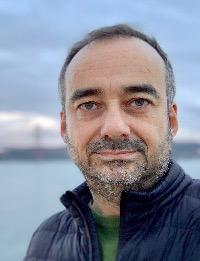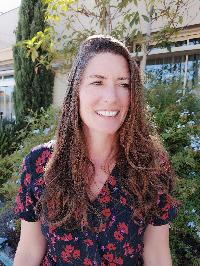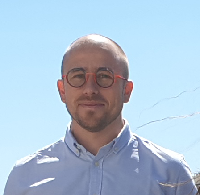Our team is researching next-generation therapies for lung cancer, which remains the deadliest cancer globally despite the emergence of promising new treatments. The team is focused on determining the spectrum of genetic, non-genetic, and cellular events in lung cancer to better characterize the underlying mechanisms associated with non-therapeutic response, identify at baseline biomarkers for non-response to immunotherapies (and targeted therapies), and improve response to immunotherapies with the next-generation combination of molecules.
To achieve this goal, our team gathers 3 senior scientists and 7 pathologists and physicians working in 4 interconnected areas of research.
Team Leader Prof P. Hofman: Development of liquid biopsy for monitoring next generation immunotherapies in lung cancer (hofman.p@chu-nice.fr)
The Hofman Group aims to develop novel predictive biomarkers of ICI response (genetic, protein, tissue, circulating, and artificial intelligence-based) that can be rapidly translated to the clinic and ultimately be used to re-purpose approved therapeutics with ICIs.
Group Leader Dr V. Vouret-Craviari: Modulation of Purinergic Checkpoints as new immunotherapies in lung cancer (valerie.vouret@univ-cotedazur.fr)
The purinergic checkpoints (PC), comprising purinergic receptors, ectonucleotidases and adenosine receptors, are targetable proteins influencing the progression of lung cancer. The Vouret Group is studying how PC guide immune cells to anti-tumor responses using digital spatial profiling approaches, development of new tools to modulate PC and tumor organoids as preclinical models.
Group Leader Dr P. Brest: Membraneless biocondensates and mRNA translational regulation in lung cancer (patrick.brest@univ-cotedazur.fr)
The Brest Group is focusing on RNA-binding proteins (RBPs) within membraneless biocondensates, which trap untranslated and stored mRNAs, leading to a poor correlation between mRNA and protein levels. To efficiently cure patients, the Brest Group aims to comprehensively understand the mechanisms of mRNA translational regulations and develop genetic and pharmacological approaches to target biocondensates remodeling in tumors. They also aim to use RBPs as a therapeutic tool to target cancer. The Brest Group's results suggest a paradigm change by focusing on the regulation of translation as the cornerstone of cancer resistance and aggressiveness. They aim to introduce RBPs and the RNA composition of biocondensates as a prognostic biomarker and propose potential treatments targeting them to prevent cancer resistance and dissemination.
Group Leader Dr B. Mograbi: Human endogenous retroviruses: Team Players in Combo to Boost Cancer Immunotherapy (Baharia.mograbi@univ-cotedazur.fr)
With the completion of the human genome sequence, human endogenous retroviruses (hERVs) emerge to occupy at least 9% of our genome. Overlooked as junk DNA, it is now well appreciated that we have domesticated the hERVs for maternal-fetal immune tolerance during embryogenesis (ENV proteins) or immune defense against infection (viral mimicry of dsRNA). However, hERVs are also re-expressed in all cancers, and controversy persists on their roles. The B MOGRABI group advocates that hERVs are our allies against cancer, which alarm our anti-tumor immune defenses by committing a complete interferon response from antigen presentation and lymphocyte infiltration to immune checkpoint expression. B MOGRABI group aims to clarify the basic mechanisms by which ERVs are regulated by autophagy.















